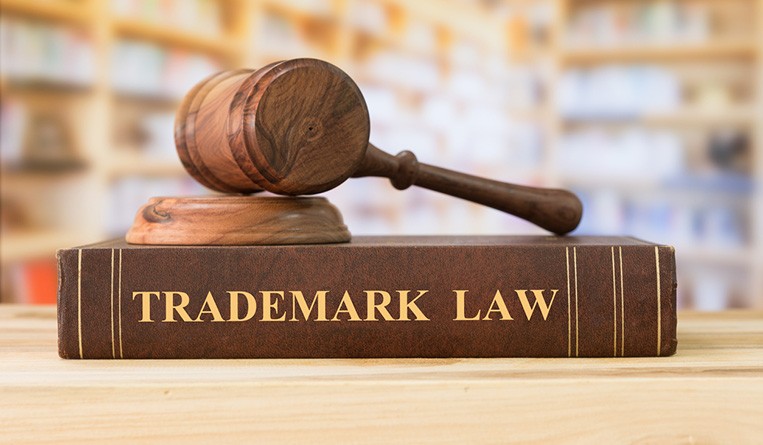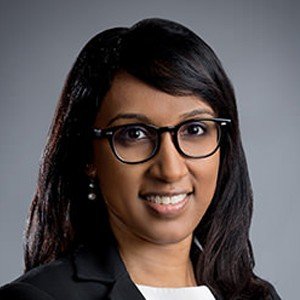Classical trinity of passing off analyzed
31 January 2024

The Intellectual Property Office of Singapore (IPOS) decision in ZERODENSITY YAZILIM ANONIM SIRKETI v. Novel Brands USA LLC clarifies the law of passing off in Singapore and discusses the “classical trinity” test in establishing passing off.
Background
Novel Brands USA LLC (the applicant) is a company incorporated in Delaware, United States. The applicant had designated its IR No. 1500237 in Singapore (Trade Mark No. 40201925975W) in relation to “ ” (the subject mark) in respect of “Downloadable and recorded computer software.” (the subject goods) in Class 9. The vast majority of the applicant’s worldwide applications and/or registrations in Class 9 bear the same specification as the subject mark.
” (the subject mark) in respect of “Downloadable and recorded computer software.” (the subject goods) in Class 9. The vast majority of the applicant’s worldwide applications and/or registrations in Class 9 bear the same specification as the subject mark.
On July 20, 2020, ZERODENSITY YAZILIM ANONIM SIRKETI (the opponent) opposed the subject mark on the grounds of passing off.
The opponent, established in 2014, was incorporated in Turkey and is in the business of developing broadcasting products and solutions for industries such as broadcasting, augmented reality (AR), live events and e-sports, offering high-quality and technologically advanced production with real-time visual effects.
On the other hand, the applicant’s goods were still in the development stage and have not yet been marketed publicly. It intended to use the subject mark for software products sold directly to consumers and developers, to make it easier for them to prototype and produce high-quality AR experiences.
Ground of passing off
The Principal Assistant Registrar analyzed each limb of the “classical trinity” in order to assess whether the opponent would likely succeed on the ground of passing off.
Goodwill. First and foremost, the Principal Assistant Registrar established that the relevant date to determine if the opponent had goodwill was March 7, 2019, in light of the priority claimed by the applicant in relation to the subject mark.
In order to show goodwill, the opponent showed the Principal Assistant Registrar that since 2018, it had collaborated with its non-exclusive distributor, Cgangs International Pte. Ltd. (Cgangs), based in Singapore, to offer its goods and services in Singapore. In particular, the opponent had partnered with Cgangs, along with Mediacorp and ITE College Central, for the 2019 Countdown Show which was aired to public by Mediacorp’s Channel 5, which was evidenced by invoices issued to Cgangs. Subsequently, sometime between January 23 and 31, 2019, the opponent had provided quotations in response to Cgangs’ requests for the opponent’s goods and services to be deployed for various events such as the National Day Parade 2019 and Broadcast Asia 2019.
Even though the applicant argued that the opponent’s evidence does not indicate that the opponent uses the sign-on software “as a core good”, the Principal Assistant Registrar held that the opponent’s evidence as of the relevant date shows that it has used “Reality Engine” in respect of software and thus, has goodwill with respect to its business.
Misrepresentation. As a preliminary issue, the Principal Assistant Registrar analyzed whether “Reality Engine” is distinctive of the opponent’s goods. In this regard, the Principal Assistant Registrar accepted the opponent’s submissions stating that the relevant public, that is, distributors and users of the opponent’s “Reality Engine” software and related services, recognize and associate “Reality Engine” exclusively with the opponent’s business.
Further, with respect to misrepresentation in an action of passing off, the opponent had to show the following:
- Whether there was a misrepresentation made by the applicant in using the subject mark; and
- Whether there was actual confusion or a sufficient likelihood of confusion.
Firstly, the Principal Assistant Registrar held that the parties are in direct competition and both parties operate in the field of VR/AR and the respective parties’ goods are both software goods which have a very niche and specific purpose of providing consumers with VR or AR experiences and visual effects.
Secondly, with respect to likelihood of confusion, the Principal Assistant Registrar held that the registration of the subject mark would result in the likelihood of confusion in light of the following observations:
- The subject mark, once registered, would allow the applicant to market its computer software to anyone, including the actual and potential customers of the opponent’s software.
- Consumers of the goods concerned (software goods aimed at providing consumers with VR or AR experiences and visual effects) are likely to pay more attention to the functionalities and specifications of the software and whether the software is able to meet the needs of the consumer, rather than the commercial origin of the goods themselves, which in turn points towards a likelihood of confusion.
- Evidence of trade witness as to the likelihood of confusion is essential in this case and the Principal Assistant Registrar is entitled to form an opinion on the likelihood of confusion based on the evidence.
Damages. The Principal Assistant Registrar held that since the goodwill and misrepresentation limbs of the test have been satisfied and that the parties are direct competitors, damage to the opponent’s goodwill will arise, most obviously, by diverting trade from the opponent to the applicant, or blurring.
Conclusion
The Principal Assistant Registrar proceeded to refuse the registration of the subject mark on the ground of passing off.








